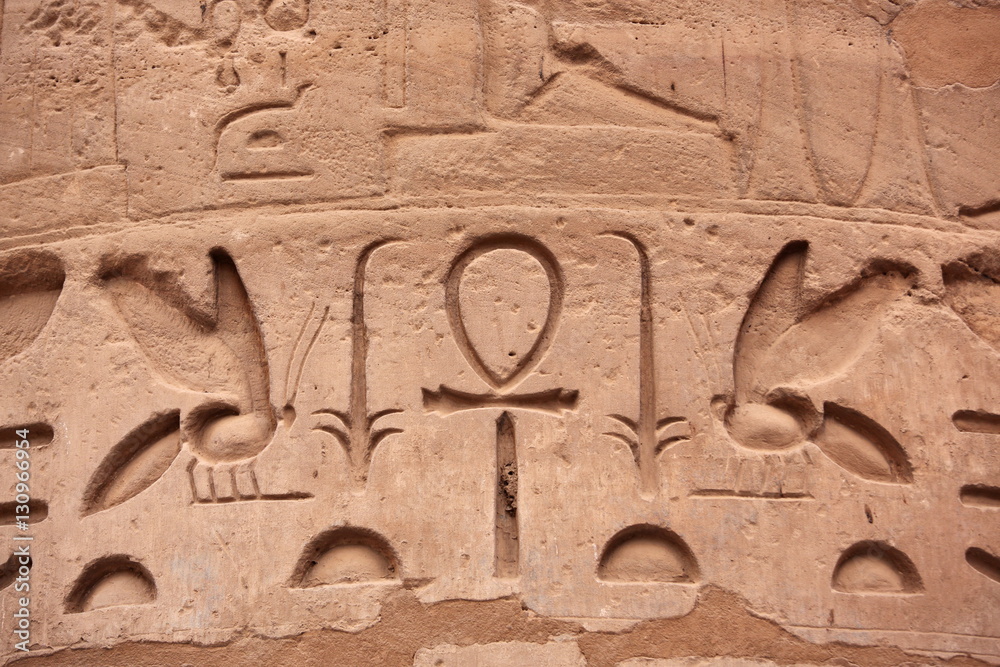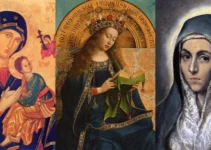
Table of Contents
Origins of Predestination Controversy
Predestination is a concept that has sparked heated debates across centuries. The origins of the predestination controversy are rooted in religious doctrines and philosophical ideas. Many spiritual traditions, particularly within Christianity, have wrestled with this concept. Essentially, predestination posits that God has determined everything that will happen, particularly concerning human salvation. Some see this as a divine plan, while others argue it infringes on human free will.
Historical Context of Predestination
The historical context of predestination spans centuries and has evolved in various ways. In the early Christian era, thinkers like Augustine supported the idea, while others opposed it. The Reformation period saw a resurgence in the belief, especially among Calvinists. However, the historical development of predestination also includes numerous debates and schisms within the church, reflecting the complex nature of reconciling divine omnipotence with human freedom.
The Predestination Debate
Understanding Predestination Controversy
The predestination debate goes beyond mere academic discourse. It touches on profound existential questions about destiny, choice, and the nature of God. Understanding the predestination controversy involves examining different theological, philosophical, and ethical viewpoints. It’s a debate that has shaped theological doctrines, personal beliefs, and even public policy.
Theological Views on Predestination
Across different denominations and theological schools, the theological views on predestination vary widely. While some hold a strict deterministic view, others embrace a more nuanced understanding. The Calvinist doctrine emphasizes God’s sovereignty in predestining individuals to salvation or damnation. Conversely, Arminianism argues for conditional predestination, where God’s foreknowledge doesn’t infringe on human free will.
Exploring Predestination Debate
Exploring the predestination debate means delving into the essence of faith, destiny, and human autonomy. The subject has fascinated scholars, clergy, and laypeople alike. Its implications extend to broader issues like the nature of evil, divine justice, and human responsibility. Exploring predestination controversy history thus offers a rich field of study and reflection.
Impact and Significance
Historical Significance of Predestination
Predestination is not merely a theological concept; it’s a belief that has shaped Western civilization’s intellectual and cultural landscape. The historical significance of predestination includes influencing political ideologies, legal systems, and societal norms. It has been at the core of many religious revivals and reforms, reflecting humanity’s struggle to understand fate and divine purpose.
Theological Interpretations of Predestination
Different eras and theologians have offered various theological interpretations of predestination. Augustine’s writings laid the foundation for later Christian thought, while John Calvin’s teachings solidified the doctrine of Protestantism. The debate has led to divisions within churches and even entire denominations, reflecting the depth and complexity of the subject.
Impact of Predestination on Theology
The impact of predestination in theology transcends denominational lines. It has challenged the core of religious belief systems, sparking intense debates and reflections. From seminary classrooms to church pulpits, the concept continues to provoke questions about God’s nature, human responsibility, and the intersection between fate and free will.
Various Viewpoints and Interpretations
Predestination Controversy Viewpoints
The predestination controversy viewpoints are as diverse as the religious landscape itself. Some find comfort in a predetermined plan, while others feel it negates human freedom and accountability. Even within specific religious traditions, the viewpoints differ, reflecting a rich tapestry of belief, interpretation, and personal conviction.
Analyzing Theological Predestination Views
Analyzing the diverse theological predestination views requires a careful and nuanced approach. From historical theologians to contemporary scholars, the interpretations differ widely. Some emphasize God’s sovereign control, while others focus on human cooperation with divine grace. Analyzing theological predestination views is akin to exploring a vast and intricate mosaic of belief, doctrine, and spiritual understanding.
Conclusion
Summary
The exploration of predestination controversy history reveals a profound and enduring debate. From early church history to modern theological discourse, the subject remains as relevant and thought-provoking as ever. Its ramifications extend beyond the church walls, touching philosophy, law, and culture.
Historical Analysis of Predestination
A thorough historical analysis of predestination uncovers the multifaceted nature of this debate. It’s more than a theological quandary; it reflects humanity’s eternal quest to understand itself as the divine. By examining the historical development, theological discussions, and cultural impact, we gain a more profound insight into predestination and the human condition.
FAQs
- What Is the Predestination Controversy? The predestination controversy is a complex theological debate that centers around whether God has predetermined everything, especially the eternal destiny of individuals. It deals with questions like Are our futures already set in stone by a higher power, or do we have the free will to determine our path? This controversy has led to multiple theological debates throughout history and shaped many religious thought aspects.
- What Is the Historical Perspective on Predestination? A historical perspective on predestination delves into how this concept has been understood, interpreted, and debated throughout history. From early Christian thinkers like Augustine to the Reformation leaders like Calvin, predestination has evolved and sparked controversy across different eras and theological traditions. Its historical interpretations and development continue to influence theological understanding to this day.
- What Are the Different Theological Views on Predestination? There are various theological perspectives on predestination. Some, like Calvinism, embrace a deterministic view where God predestines some to salvation and others to damnation. In contrast, Arminianism holds that predestination is conditional on faith and human response. Other ideas may reject predestination altogether or reinterpret it in more nuanced ways. Examining predestination controversy helps in understanding these divergent views.
- How Has Predestination Impacted Theology? The impact of predestination in theology is profound. It has led to divisions within churches, spurred theological innovation, and shaped how believers understand God’s nature and human responsibility. The concept continues to be debated in theological circles and has broader cultural, ethical, and philosophical implications. Understanding predestination history and its impact reveals the concept’s enduring significance.
- Why Is the Predestination Debate Still Relevant Today? The predestination debate’s historical context and its ongoing relevance stem from its engagement with fundamental human questions about destiny, freedom, and divine will. These questions are timeless and continue to be explored in modern theology, philosophy, and culture. Exploring predestination controversy history offers insights into the human condition and our relationship with the divine, making the debate as pertinent today as it was centuries ago.
- What Are Some Historical Controversies and Divisions Caused by Predestination? The predestination controversy explained reveals several historical schisms and debates. The Reformation era witnessed intense discussions between Calvinists and Arminians. Even within specific denominations, the subject has caused divisions and led to the formation of different theological schools and sects. Analyzing theological predestination views highlights these historical divisions and their lingering impact.
- How Can One Explore the Predestination Debate Further? Exploring the predestination debate requires delving into historical texts, theological writings, and philosophical works. Reading the works of prominent theologians like Augustine, Calvin, and Arminius and engaging with contemporary scholars and debates can offer a deeper understanding. Participating in educational courses, attending lectures, and engaging in personal reflection are valuable ways to explore this complex and multifaceted subject.
- What Are Some Common Misconceptions About Predestination? Common misconceptions include the belief that predestination negates all human free will or that it’s a universally accepted Christian doctrine. Understanding the diverse predestination, controversial viewpoints, and historical context can help clear these misconceptions. It’s a subject with profound nuance, varied interpretations, and considerable complexity, demanding a thoughtful and informed approach.
- What Is the Significance of Predestination Controversy in Modern Theology? The significance of the predestination controversy extends into modern theology. It continues to shape theological thought, denominational distinctions, and individual beliefs. Predestination controversy history provides insights into current religious debates and continues to challenge contemporary theologians and believers alike. Its exploration contributes to a deeper understanding of faith, ethics, and human existence.
- How Does Predestination Relate to Philosophical Questions of Free Will and Determinism? The predestination debate closely aligns with philosophical inquiries into free will and determinism. It questions whether our actions are freely chosen or determined by external forces, including divine will. Understanding predestination controversy helps engage with these philosophical questions, fostering dialogue between theology, philosophy, and human experience.
